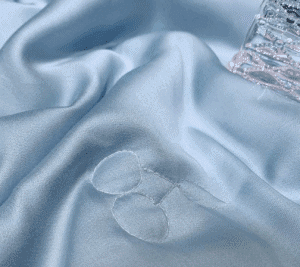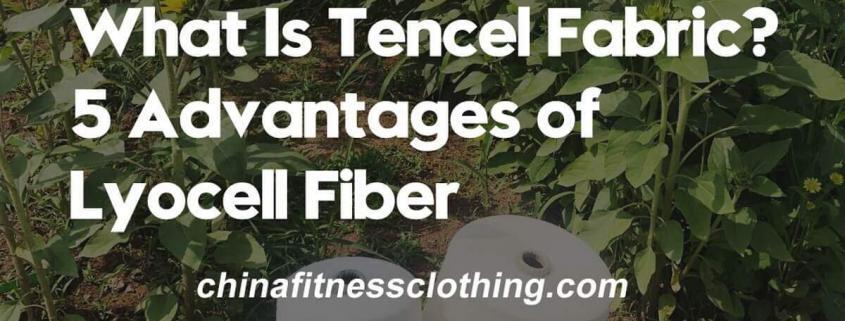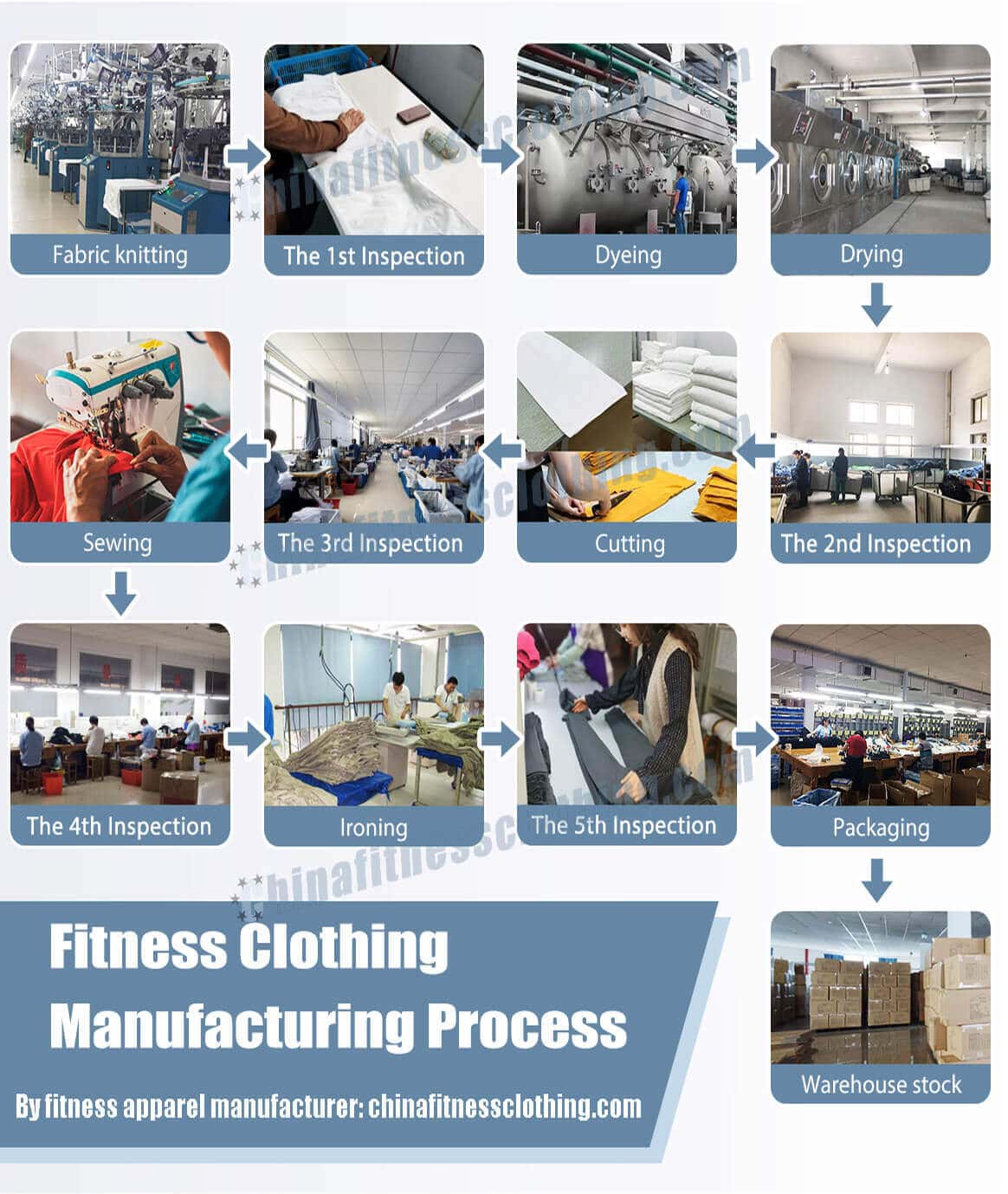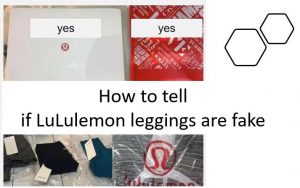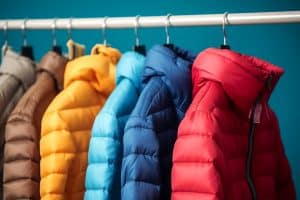What is Tencel Fabric? Tencel is a natural fiber made of wood pulp fiber after physical treatment, so it will not produce other chemical substances and can be recycled after being discarded. It is a safe and pollution-free fabric. Tencel not only has the softness and luster of silk fabrics but also has the breathability of the cotton. It is often used to make summer T-shirts and cardigans. In China, Tencel fabric is mostly used to make bed sheets, coverlets and pillowcases. I can hardly find sportswear products made of Tencel fabric. Various advantages make Tencel fabric occupy an important position in the market.
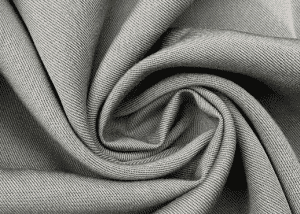
The molecules of Tencel fiber are tightly organized and have high intermolecular forces. The fiber strength is about 20% greater than that of ordinary viscose fiber. Tencel is manufactured with softwood fibers as raw materials, and the solvents used are non-toxic, so the entire manufacturing process is environmentally friendly and the source of raw materials is abundant.
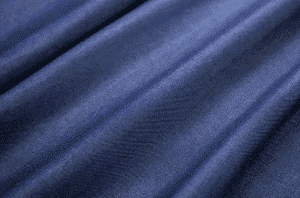
Tencel fiber is also called “Lyocell fiber”. Lyocell fiber is a brand-new textile and clothing fabric, which emerged in Europe and America in the mid to late 1990s. It not only has the comfort, good feel, and easy dyeing characteristics of natural fiber cotton but also has environmental protection advantages that traditional viscose fiber does not have. Traditional viscose fiber releases harmful gases such as carbon disulfide and hydrogen sulfide during the production process, which pollute the environment, and it has been gradually eliminated in developed countries.

Lyocell fiber uses the pulp formed by pulverizing renewable bamboo and wood as raw materials. The advanced technology makes its solvent recovery rate as high as 99.7%, which is not only energy-saving, and environmentally friendly, but also sustainable. The clothes made of this fiber not only have natural luster, smooth hand feels, high strength, and basically do not shrink, but also have good moisture permeability and air permeability. The fabric blended with wool has a good effect. Through the control of fibrillation, it can be made into fabrics with various surface effects such as peach skin, sand wash, velvet, etc., which are often used to weave clothing and home textile fabrics.
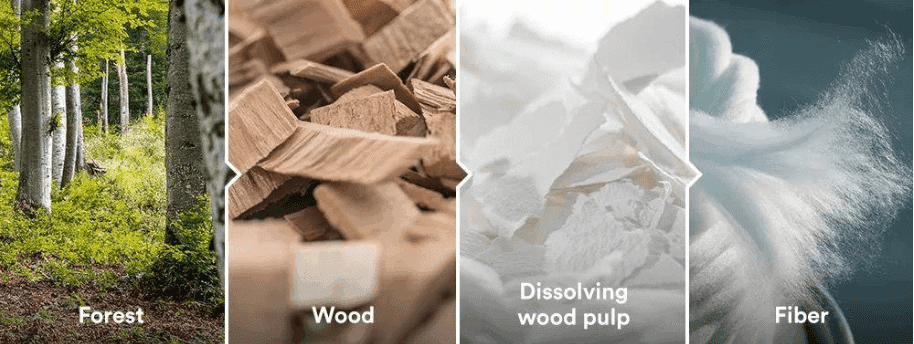
Properties of Tencel Fabric
(1) High dry and wet strength: the dry and wet strength ratio is 85%.
(2) High swelling property: dry and wet volume is 1:1.4
(3) Unique fibrillation characteristics: Tencel fiber will split into fibrils along the fiber axis under the action of mechanical friction in the wet state, and a unique peach skin style can be obtained after treatment.
(4) Good spinnability: it can be spun purely or blended with cotton, wool, silk, linen, chemical fiber, cashmere and other fibers. It is suitable for being spun into various woven yarns and knitting yarns.
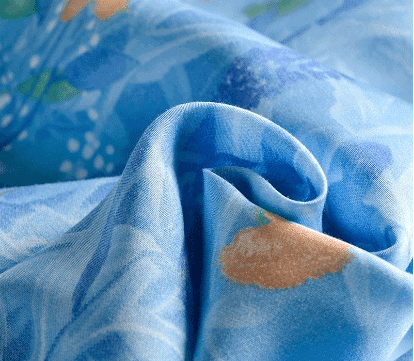
It has the “comfort” of cotton, the “strength” of polyester, the “luxury beauty” of wool fabric, and the “unique touch” and “soft drape” of silk. It is extremely tough regardless of whether it is wet or dry. In the wet state, it is the first cellulose fiber whose wet strength is far better than cotton. As a 100% natural material, coupled with an environmentally friendly manufacturing process, it allows the lifestyle to be based on the protection of the natural environment and fully caters to the needs of modern consumers. Moreover, it is green and environmentally friendly and can be called the green fiber of the 21st century.
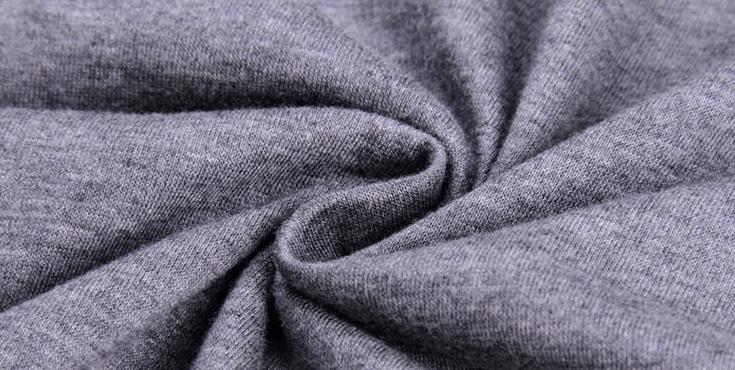
Advantages of Tencel Fabric
1. Tencel fabric not only has strong moisture absorption, but also has the strength that ordinary fibers do not have. At present, the strength of Tencel fabric is similar to that of polyester.
2. Tencel has good stability and does not shrink easily after washing.
3. Tencel fabric has good feel and luster, and the luster is better than cotton.
4. Tencel has the smooth and elegant characteristics of silk.
5. Good air permeability and moisture absorption are also the main characteristics of Tencel fabrics.
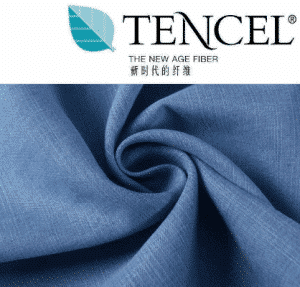
Disadvantages of Tencel Fabric
1. Tencel fabrics are sensitive to temperature and tend to harden in hot and humid weather.
2. Tencel fabrics may break when rubbed frequently. Avoid rubbing during daily wear.
3. The price is more expensive than pure cotton fabric.
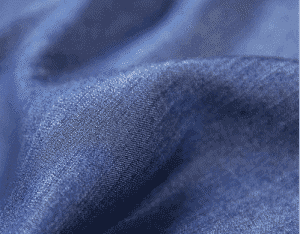
Precautions For Washing Tencel Fabric
1. Tencel fabric is not resistant to acid and alkali, it is recommended to use neutral detergent when washing.
2. Don’t twist it with your hands after washing, just hang it in the shade.
3. Don’t expose it directly to the sun, which may cause deformation of the fabric.
